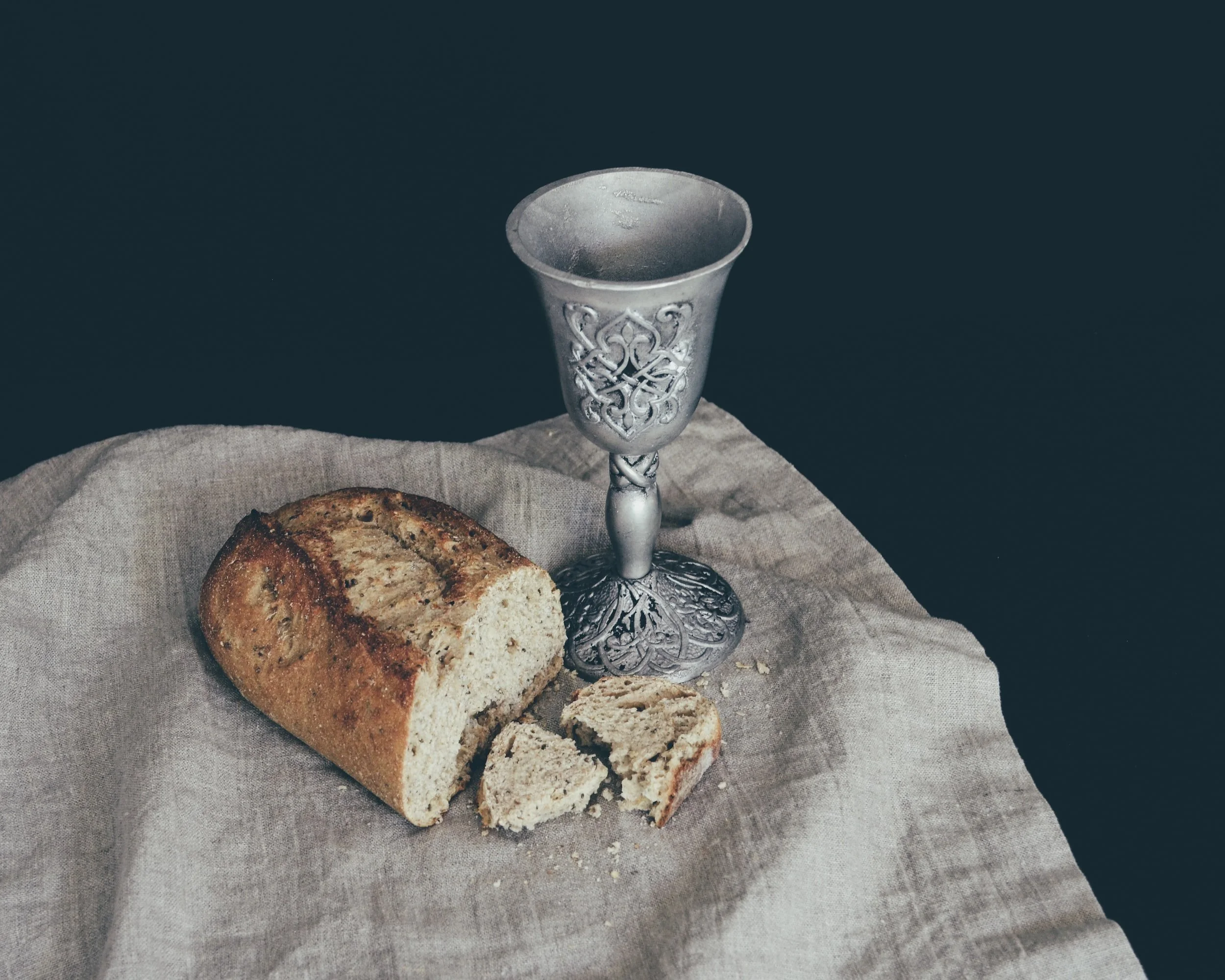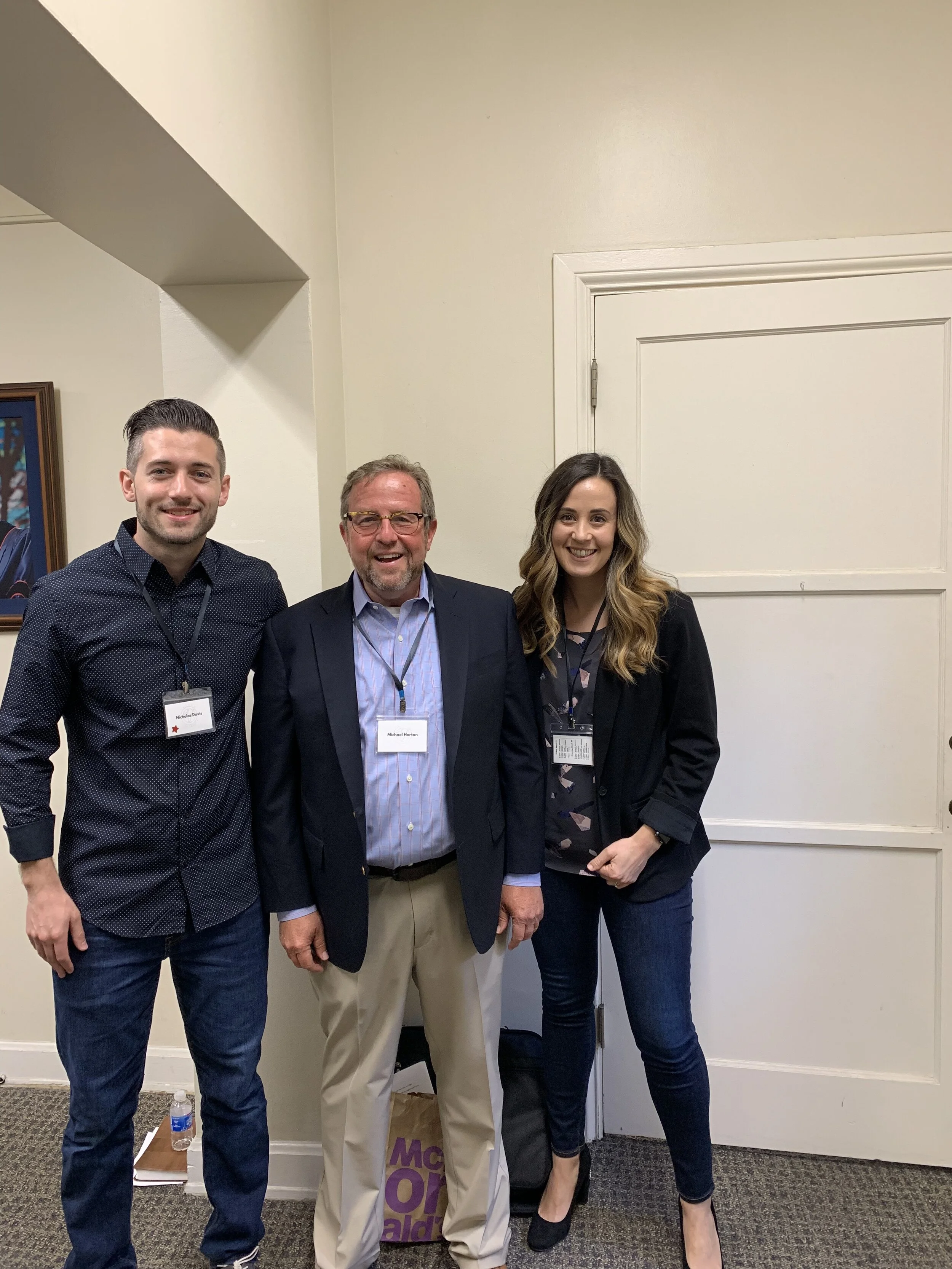The Disruptive Power Of Grace
Grace is not an extreme makeover. Grace is not therapy. Grace is not a shot of espresso for a pick-me-up. Grace is not something we can achieve by following a certain number of steps. Grace is not possible by following a how-to-manual. Grace does not happen because we conjure it. No, grace is something completely different.













